Monthly consumption of more than 2000 yuan! How much money do contemporary young people spend on coffee?
A # how much a young man can drink coffee # went viral on Weibo, and the top Weibo told the story around him: a new female colleague in the company drank coffee as water, drinking at least four or five cups of coffee a day. At most, I drank eight cups of coffee because I had to work overtime. According to the colleague, the money for coffee alone is more than 2000 a month. Oh, my God, is this the daily life of coffee for contemporary young people?

For thousands of years, China has always been a tea-drinking society. China is a major producer and consumer of tea in the world: since 2016, China's tea production has shown a steady growth trend, according to incomplete statistics from the China Business Industrial Research Institute database. China's tea production increased from 2.3133 million tons in 2016 to 2.97 million tons in 2020, an increase of 192800 tons over the previous year in 2020, an increase of 6.94 percent over the same period last year. The output is almost twice that of India, the world's second-largest tea producer.
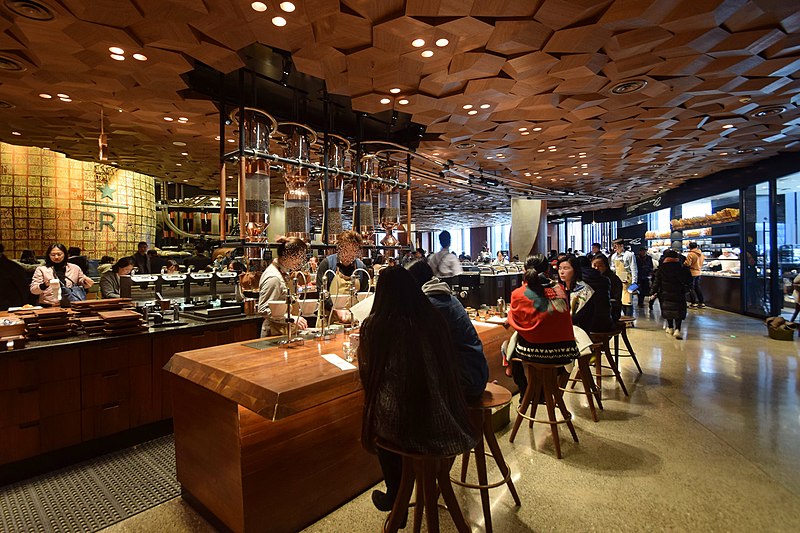
Even so, coffee is becoming increasingly popular. In 1999, Starbucks opened its first store in Beijing, selling not only coffee, but also a different Western way of life. The 1990s was an era of rapid changes in Chinese food culture, and many Western food and beverage companies quickly gained attention in China. Since then, China's coffee market has kept pace with the country's broader economic and social development, and coffee has become one of the cultural symbols of the Chinese mainland.
The coffee culture in Beijing and Shanghai accords with the fast-paced international characteristics of big cities. Looking at the current Chinese market, cafes are almost all over the streets of densely populated first-tier cities, but such prosperity has only recently begun to emerge. In 2019, the University of Southern California made a summary of the beginning and future of coffee in China. It expects Starbucks to open nearly 6000 stores in more than 260 cities in China by 2022. At present, Starbucks has opened 5100 stores in 200 cities in mainland China, and the number is still growing.

Starbucks is not the only coffee brand to enter the Chinese market. Other Western coffee companies have also entered the Chinese market, such as Costa Coffee in the UK, Tim Horton in Canada, Dunkin Donuts in the United States and Nestl é in Switzerland. But it is undeniable that Starbucks still occupies a major share of China's coffee market.
In 2018, CBS interviewed Dave Seminsky, the founder of sumerian Cafe, he said: the existence of coffee represents Western products, it is considered to have a certain social status. That's why companies such as Chanel, Herm è s and Starbucks are doing well in China. "Today's millennials can be said to have grown up in a coffee environment. They have accepted and got used to the cafe culture, which is the real take-off of coffee in China.
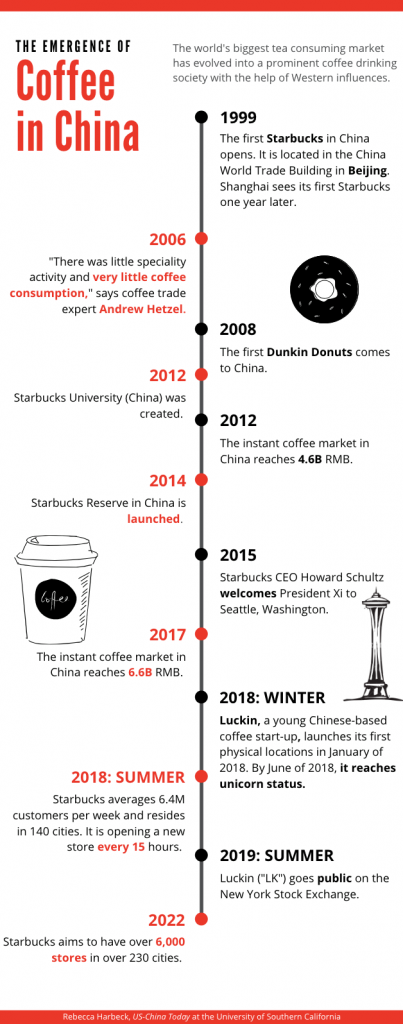
With the development of coffee, Chinese traditional tea culture seems to be innovating from another aspect. The emergence of tea drinks such as milk tea and small cans of tea has also opened a new breakthrough for the tea market. But this does not stop the rapid development of coffee in China, not only the change of ideas and habits, but also the exquisite interior design of cafes is the main motivation for many young people to drink coffee.
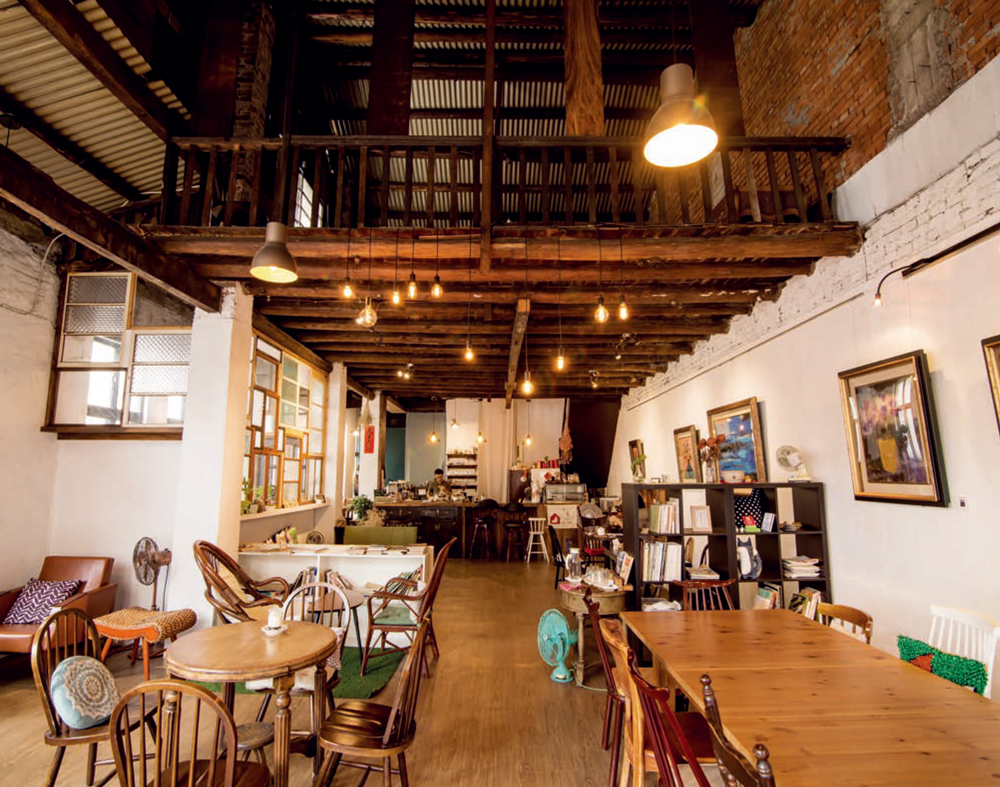
Coffee-loving female colleagues have long been out of the need to socialize in cafes and are more likely to use caffeine as a pick-me-up. There is an episode in the story: the colleague has tried to quit coffee before, but there are serious withdrawal reactions: inattention, depression, etc., so we judge that he should suffer from "coffee dependence."
Although moderate caffeine intake is good for the body, excessive intake can cause physical and psychological discomfort. Normal coffee intake is about 300mg a day. Beyond this amount, the effect varies from person to person.
Photo Source: Internet
Important Notice :
前街咖啡 FrontStreet Coffee has moved to new addredd:
FrontStreet Coffee Address: 315,Donghua East Road,GuangZhou
Tel:020 38364473
- Prev
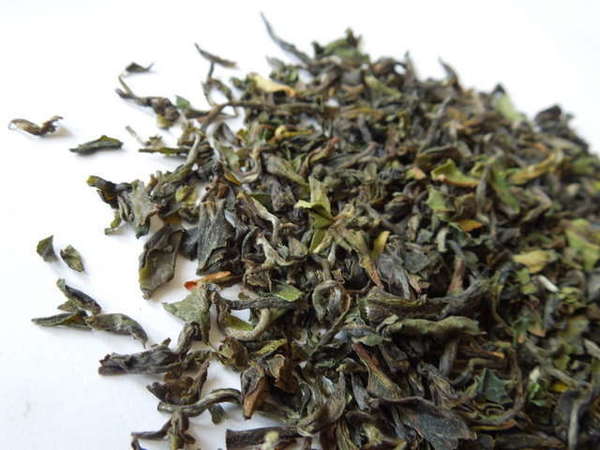
Why does black tea have honey aroma? What is the reason why black tea smells so good? The effect of what substances black tea contains on its taste
As we mentioned, the taste begins in the field. Scientists have identified more than 600 flavors and flavors in tea, many of which have vague and beautiful names, such as "linalool" and "hexanol". Miraculously, tea makers can make hundreds of flavors using only six compounds in tea trees: pigments, sugar.
- Next
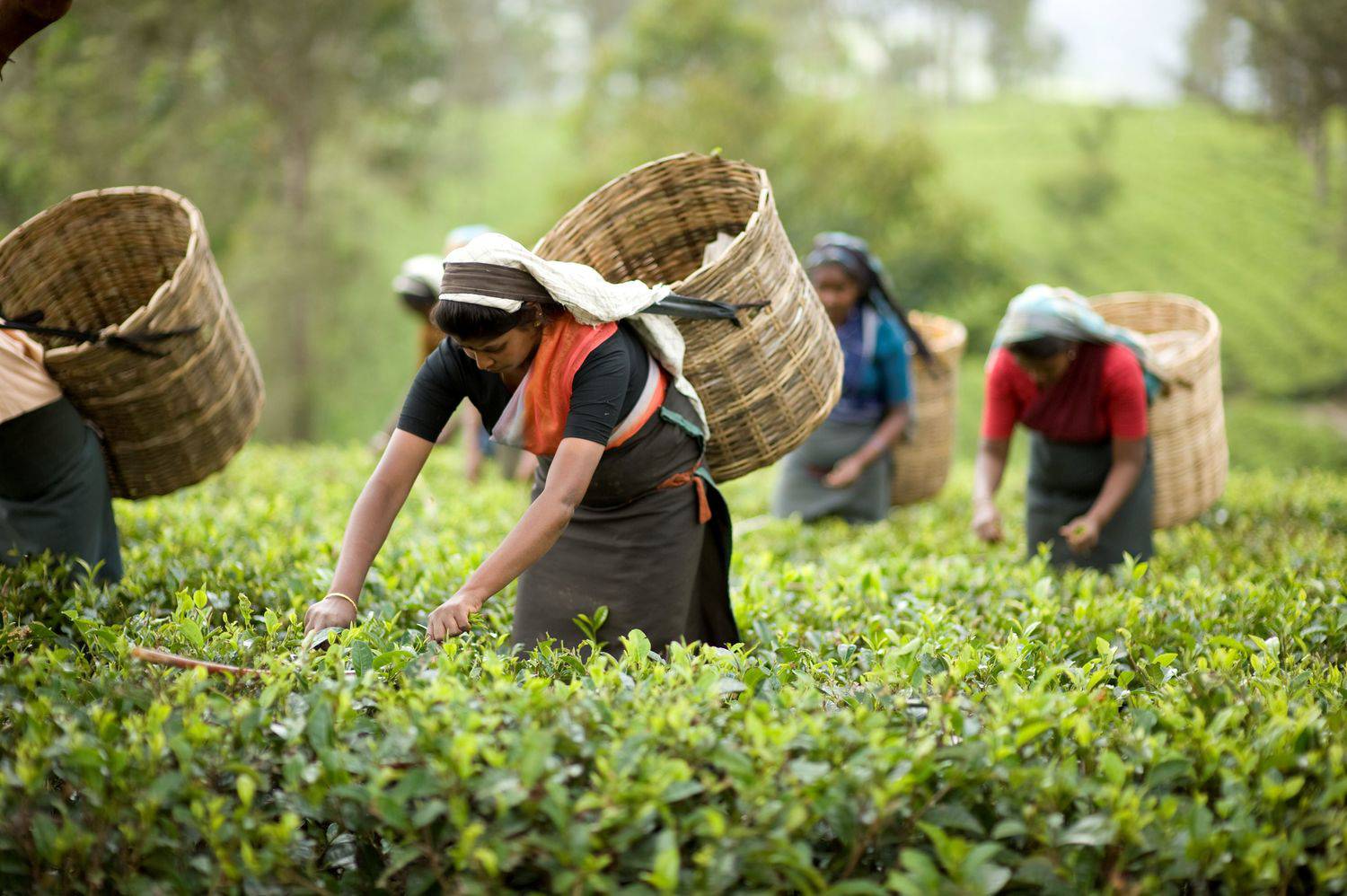
What is the difference between Nepal black tea and Darjeeling black tea? What are the taste characteristics of Nepalese black tea?
In 1848, the British East India Company (BritishEastIndiaCompany) gave botanist Robert RobertFortune a task: disobeying the emperor's strict orders, he smuggled live tea trees out of China and planted them in West Bengal.
Related
- What is the difference between Indonesian Sumatra Mantinin coffee and gold Mantinin? How to distinguish between real and fake golden Mantelin coffee?
- What does bypass mean in coffee? Why can hand-brewed coffee and water make it better?
- Unexpected! Ruixing Telunsu lattes use a smoothie machine to foam milk?!
- % Arabia's first store in Henan opens into the village?! Netizen: Thought it was P's
- Does an authentic standard mocha coffee recipe use chocolate sauce or powder? Mocha Latte/Dirty Coffee/Salty Mocha Coffee Recipe Share!
- What is the difference between Vietnam egg coffee and Norway egg coffee? Hand-brewed single product coffee filter paper filter cloth filter flat solution!
- What is the difference between sun-cured and honey-treated coffee? What are the differences in the flavor characteristics of sun-honey coffee?
- How to make Italian latte! How much milk does a standard latte use/what should the ratio of coffee to milk be?
- How to make butter American/butter latte/butter Dirty coffee? Is hand-brewed coffee good with butter?
- Is Dirty the cold version of Australian White? What is the difference between dirty coffee/decent coffee and Australian white espresso?

